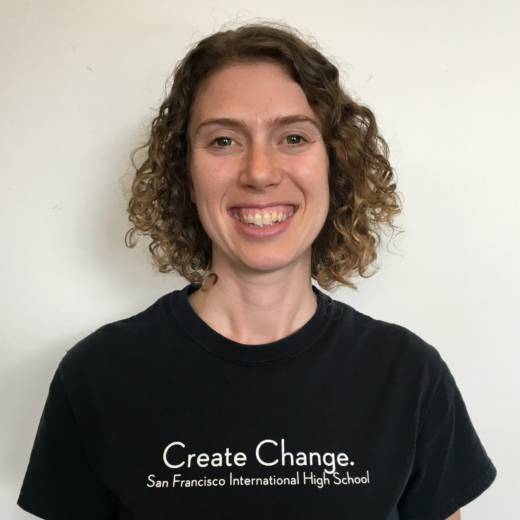Vlada Teper is an immigrant to America. That may sound simple, but in reality it’s anything but simple.
In 1989 I was 10. I was 10 and I had lost my home and my friends and a common language.
I was in Buffalo, New York instead of Kishinev, Moldova. Ethnically Jewish in a family that was neither culturally nor religiously so, I had lost my home because people didn’t want us there. Because suddenly, again, it was dangerous to be Jewish. Evreikoi.
At the moment, I self‐identify as Russian‐Jewish‐American born in Moldova who lives in the Bay Area. A typical immigrant, perhaps. A typical refugee. A typical American? All parts of my identity tell different stories about my traumas and joys, about what makes me come alive. And they tell the story of survival.
I survived by feeling my way through foreignness. As a teen, I saw our move to the US as completely permanent. At the same time, I also believed it was temporary. It was only a matter of time before I would be getting into snowball fights with my two best friends.
